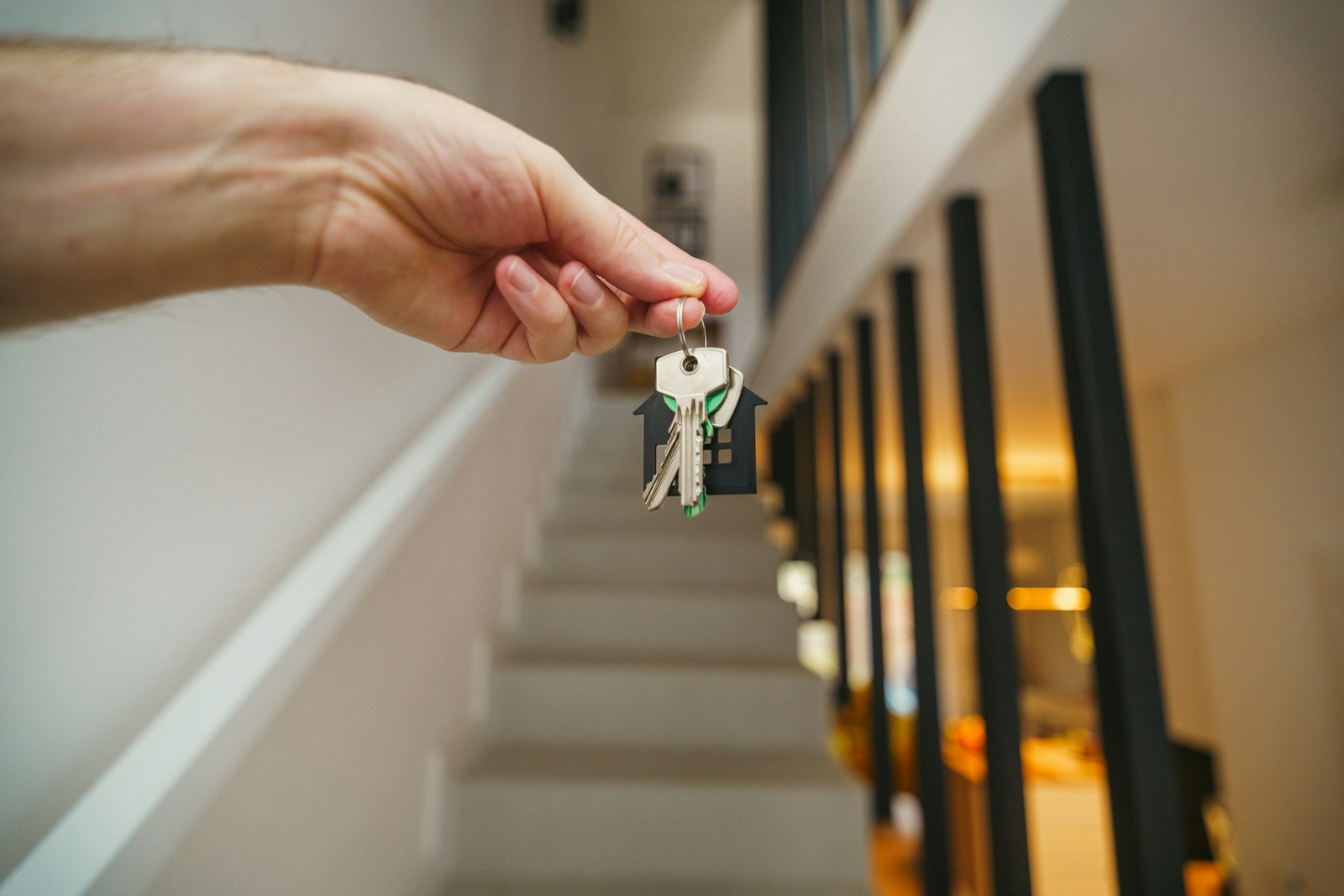Ah, the life of a Toronto landlord. One minute you’re approving a tenant application, and the next, you’re answering a text at 2 AM about a “suspicious noise” in the fridge. Whether you’re a seasoned pro or just stepping into the rental world, managing a property in the GTA comes with its fair share of quirks, rules, and unexpected adventures.
1. The Art of Finding (and Keeping) a Great Tenant
Tenant screening is like online dating—except instead of looking for a “good sense of humor,” you’re searching for on-time payments and responsible living habits. A strong ID verification process and proper documentation can help ensure you’re welcoming reliable renters into your unit.
🔹 Pro Tip: Never skip the background checks. If an applicant rushes through the process or avoids questions, that’s a 🚩 red flag.
2. Rental Agreements: Read the Fine Print (And Then Read It Again)
Ontario has a standard lease agreement, and as tempting as it is to use an old PDF you found online, sticking to the official form is your safest bet. This document covers all essential terms, including rent, responsibilities, and rights—protecting both you and your tenant.
🔹 Landlord Tip: Ensure tenants understand what’s included in their rent (utilities? parking? that questionable basement storage?). The fewer surprises, the smoother your landlord-tenant relationship.
3. Rent Collection: The Never-Ending Saga
Ah, rent day—the moment of truth. While most tenants pay on time, there’s always that one person who suddenly “forgot” it was the 1st of the month. Offering multiple payment methods (e-transfer, post-dated checks, or pre-authorized payments) can help ensure smooth transactions.
🔹 What You CAN Do: If rent is late, issue an N4 notice promptly. Ontario has clear rules on rent collection, and knowing them is half the battle.
🔹 What You CAN’T Do: Change the locks or remove a tenant’s belongings (unless you enjoy legal troubles).
4. Repairs & Maintenance: When the “DIY” Mindset Backfires
A leaky faucet? Sure, maybe you can fix that. A full electrical issue? That’s a job for the pros. As a landlord, regular maintenance and quick response times can prevent minor issues from becoming full-blown disasters.
🔹 Must-Know: Tenants have the right to a safe and livable space, which means you’re responsible for essential repairs. If something breaks due to wear and tear, it’s on you to fix it—not the tenant.
5. Tenant Turnover: Saying Goodbye (The Right Way)
Eventually, tenants move out, and when they do, a smooth transition is key. Clear move-out instructions, a proper final walkthrough, and addressing any issues before they leave can save you time and hassle.
🔹 Avoid Common Pitfalls:
✅ Confirm the required notice period (typically 60 days for a monthly lease).
✅ Document the condition of the unit before and after the tenancy.
✅ Remind tenants to return the keys—you’d be surprised how often this is forgotten.
Final Thoughts
Being a landlord in Toronto isn’t always easy, but with the right knowledge (and a little patience), it can be a rewarding experience. From finding the right tenants to understanding rental laws, staying informed and proactive can make all the difference.
And remember—no matter how prepared you are, something unexpected will always happen. Welcome to the world of Toronto landlording! 🚪🔑

Comments:
Post Your Comment: